Celebrating Difference
Albury City Council is committed to building a welcoming, cohesive, and resilient community where people of all cultural backgrounds can belong and participate in social, cultural, economic, and civic life. A place where everyone in our community has the freedom to express their cultural, linguistic, and religious traditions without fear or discrimination.
In 2024, AlburyCity launched the local campaign, Celebrating Difference – Difference is the one thing we have in common let’s celebrate it.
- create opportunities for meaningful conversations
- empower everyone to take simple steps to help end racism
- raise awareness about all forms of racism and its impact
The campaign includes city banners (across Dean Street), city flags and bus shelter displays during significant weeks, such as Harmony Week. As a ‘living’ campaign', it is intended to generate community dialogue and might include additional features, as identified, ongoing.
Learn more about racism
Racism takes many forms includes prejudice, discrimination or hatred directed at someone because of their colour, ethnicity, or national origin.
-
Racial prejudice keyboard_arrow_right
Racial prejudice refers to pre-formed negative judgement or attitudes towards people based on physical appearance, culture or ethnic origin, real or supposed. An example of racial prejudice includes someone criticising a neighbourhood on the basis that people come from a specific ethnic group.
-
Racial discrimination keyboard_arrow_right
Racial discrimination usually refers to behaviour which disadvantages people based on their colour, ethnicity, or national origin, real or supposed. For example, a recruiting manager deciding not to interview some job applicants because they studied overseas is a form of racial discrimination.
-
Racial hatred keyboard_arrow_right
Racial hatred (or vilification) is doing something in public based on the race, colour, national or ethnic origin of a person or group of people, which is likely to offend, insult, humiliate or intimidate. For example, someone writing offensive comments on a social media platform about people from a specific country.
-
People have racist attitudes for many reasons keyboard_arrow_right
A lot of views are shaped at a young age and inherited from family members. When these views are so deeply rooted that people are just not aware of them, it’s called unconscious bias. Some people may also blame other groups of people for complex problems in our community, particularly if they have limited knowledge about these complex problems. These views can be reinforced by inaccurate or inappropriate media coverage.
-
Institutional racism keyboard_arrow_right
Institutional racism, also known as systemic racism, is reflected in laws, regulations, and practice of a society or an organisation. Some cases are easy to identify and address, for example when people with identical jobs and experience levels but different national origins have different pay levels. Other cases are more complex and require a ‘whole system’ to work together. This is the case when an ad for a senior leadership position does not attract applications from a broad section of the community because people promoted through middle management do not come from a broad section of the community.
-
Racism has long-term impact keyboard_arrow_right
Racism results in data showing gaps between groups of people in many areas. It affects where people live, their educational achievements, their income, their health, and their interactions with the criminal justice system.
Regardless of what the reasons are, there is no excuse for racism. Racism is more than just beliefs, words, and actions. As the Australian Human Rights Commission explains, racism includes all the barriers that prevent people from enjoying dignity and equality because of their race.

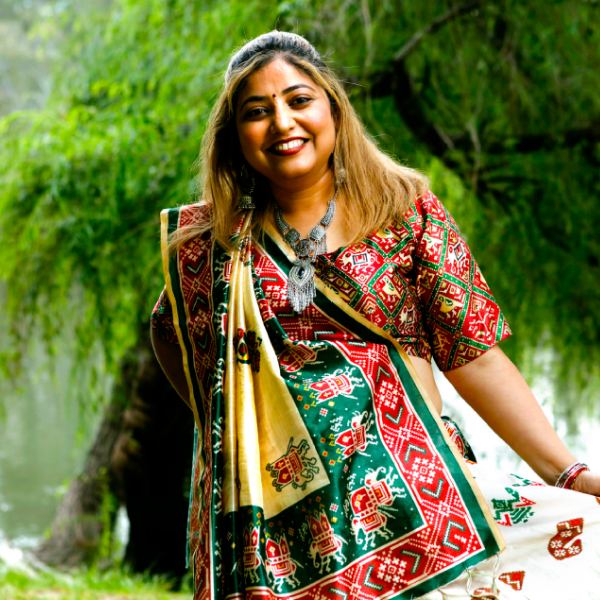
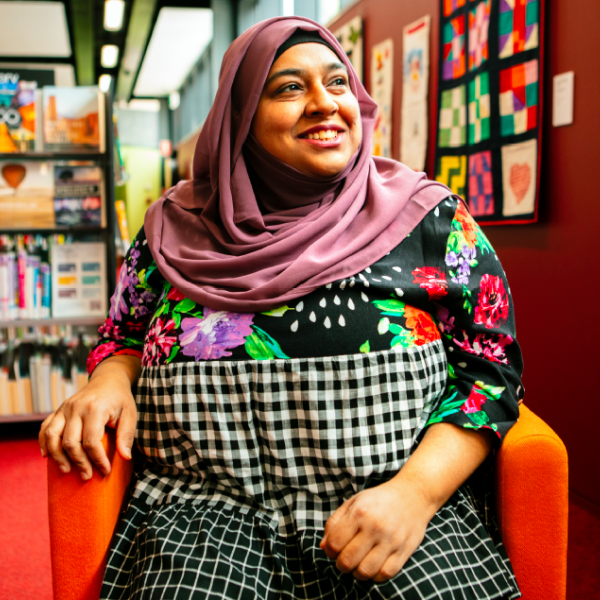
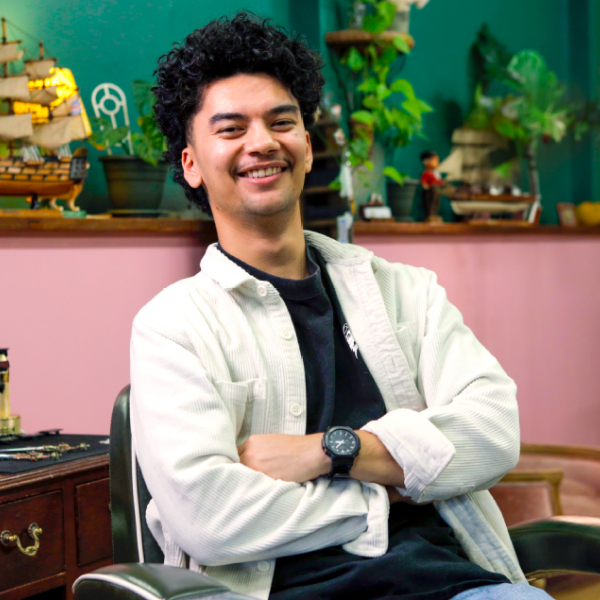
Share and connect with other people
Racism is often hard to talk about. Through the Celebrating Difference campaign, Albury City Council is committed to creating opportunities for community members to have meaningful conversations and reflect on the themes of identity, inclusion and belonging more generally. We believe that bringing together different voices creates a shared understanding and a more connected and resilient community.
Local Multicultural Service Providers
-
Red Cross keyboard_arrow_right
The Red Cross’ Humanitarian Settlement Program (HSP) local team assists refugees to establish themselves in their first 12 months in the Albury LGA. They work with newly arrived migrants to build on their strengths and support their needs including community connection with mainstream health, educational and accommodation services; specialised and intensive services for people with complex needs; and assistance to become socially and financially independent. Many of their staff have experiences of migration or as refugees themselves.
-
Albury-Wodonga Ethnic Communities Council (AWECC) keyboard_arrow_right
The Albury-Wodonga Ethnic Communities Council (AWECC) is the peak multicultural organisation for the Border region of Albury (NSW) and Wodonga (VIC). AWECC’s core business is advocacy. The organisation works alongside its members to enhance inclusion, access and social cohesion. AWECC is committed to promoting the successes of multiculturalism and ensuring equitable, human rights-based outcomes for all, regardless of their background.
-
Albury Wodonga Volunteer Resource Bureau (AWVRB) keyboard_arrow_right
The Albury Wodonga Volunteer Resource Bureau aims to increase and foster volunteering within the local community and regional areas. The AWVRB also assist newly arrived migrants, refugees and humanitarian entrants through the Department of Home Affairs Settlement Engagement and Transition Support (SETS) program.
-
Regional Development Australia - Murray (RDA Murray) keyboard_arrow_right
RDA Murray is part of Regional Development Australia, a national network of 52 committees made up of local leaders who work with all levels of government, businesses and community groups to support the development of their regions. This Australian Government initiative brings together all levels of government to support the development of regional Australia. It is funded by the Australian Government and is administered by the Department of Infrastructure, Transport, Cities and Regional Development.
RDA Murray is also a Regional Certifying Body (RCB) for the Skilled Employer Sponsored Regional (Provisional) visa. As an RCB for the Murray Region, RDA Murray provides advice to the Department of Home Affairs on the Skilled Employer Sponsored Regional (Provisional) visa (SESR visa) in the Employer Sponsored (ES) stream.
Act - take some simple steps to help end racism
Everyone is responsible for creating an environment where people of all cultural backgrounds can equally belong and participate in social, cultural, economic, and civic life. Learning about racism and sharing experiences with others gives confidence to take some steps towards ending racism.
Recognise and overcome your unconscious biases. Unconscious bias is an attitude towards a person, or a group of people, which we may not even be aware of.
Stay safe and keep the people around you safe if you witness or experience racism before considering other actions you can take.
Be there for people experiencing racism. Speak to, sit, or stand next to the person experiencing racism to show your support. Check with the person experiencing racism how they would like to respond to the incident.
Report racism, wherever it happens:
- In an emergency or life-threatening situation, call Triple Zero (000) and ask for police.
- If you are threatened with violence but there is no immediate danger, take photos, record the incident, and call the Police Assistance Line 131 444.
- If the incident is not a police matter and you cannot resolve the situation directly, or you do not feel comfortable, you can seek some general advice and make a complaint with the Anti-Discrimination NSW or the Australian Human Rights Commission (AHRC).
Call out racism. If you feel it won’t put your safety at risk, tell the person responsible for the racist incident why their attitude or action demonstrates prejudice, is discriminatory or is likely to offend, insult, humiliate or intimidate a person or group of people. They may reflect on what you’ve said and change their attitudes or actions.
Your contribution matters. If you take actions, others may too. You’ll never know how much your actions can mean to someone who experiences racism. Most importantly, our society is richer when everyone can belong and participate in social, cultural, economic, and civic life.
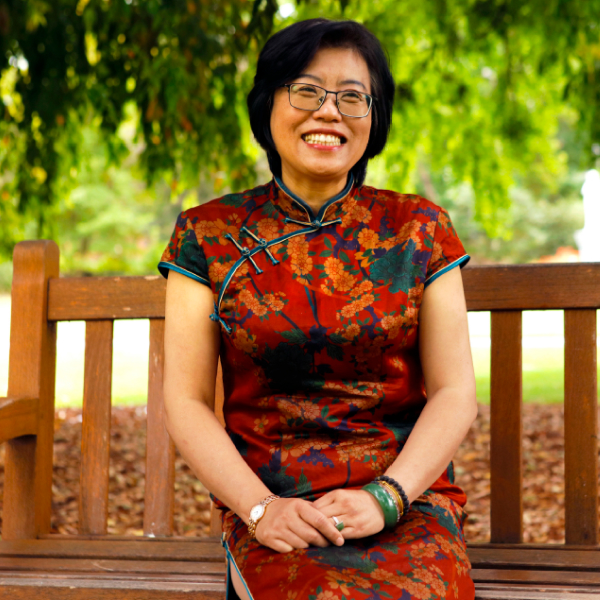

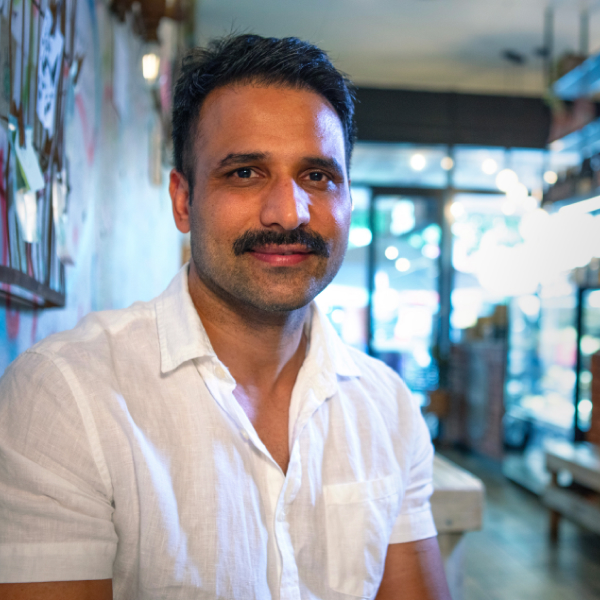
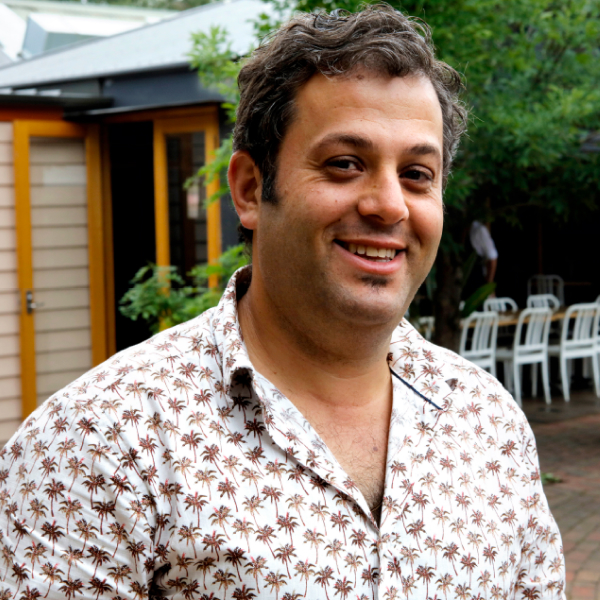
Translating and Interpreting Service
If you are a non-English speaker, you can use the National Translating and Interpreting Service. The service provides immediate phone interpreting. To find out more, visit TIS National or call 131 450, and quote our unique number: 285237.
